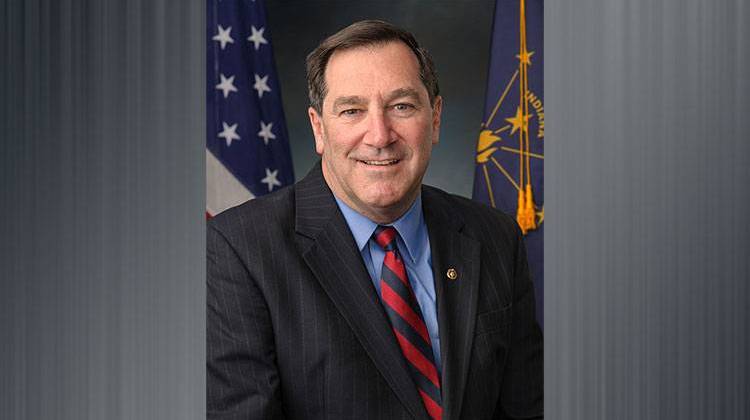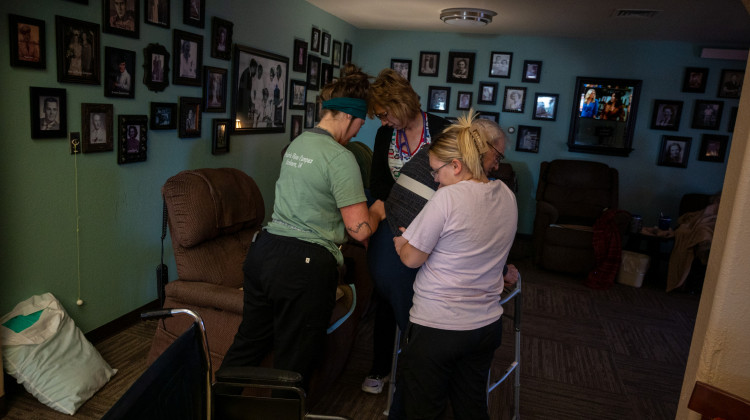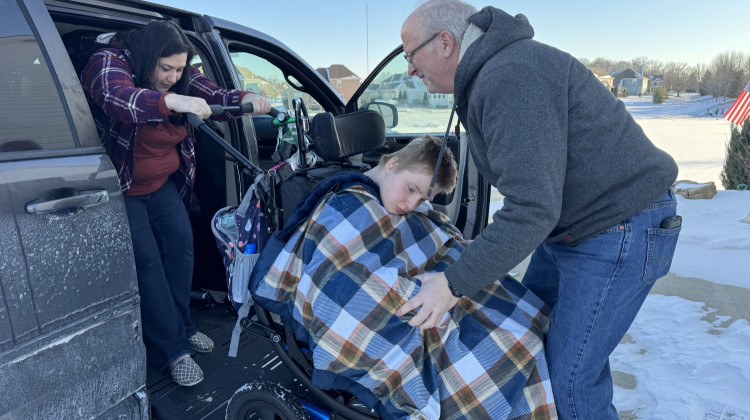
A bill authored by Sen. Joe Donnelly would train physician assistants to provide treatment to servicemembers.
A bill authored by Sen. Joe Donnelly would train physician assistants to provide treatment to military servicemembers.
Physician assistants work alongside doctors and already have treatment and prescription-writing capabilities.
Donnelly says the bill would create a small pilot program that would train physician assistants in psychiatric treatment through a state-sponsored fellowship. After the fellowship, the PAs would be funneled into military medical treatment facilities, where doctor shortages can burden servicemembers who seek help.
“What we’re trying to do is, in effect, guarantee that there’s more than enough there for everyone who wants to talk to somebody,” says Shelley MacDermid-Wadsworth, Director of Purdue University’s Military Family Research Institute.
MacDermid-Wadsworth says military hospitals have not only had problems filling healthcare positions, but also treating the rising number of patients who need psychological help.
“We have seen substantial increases in recent years in a variety of mental health diagnoses related to traumatic experiences during combat,” she says.
Donnelly says if the pilot is successful, it could expand to include civilian facilities as well. The larger defense bill Donnelly’s provision is part of passed the Senate Armed Services Committee this week and now heads to the floor.
 DONATE
DONATE






 View More Programs
View More Programs


 Support WFYI. We can't do it without you.
Support WFYI. We can't do it without you.